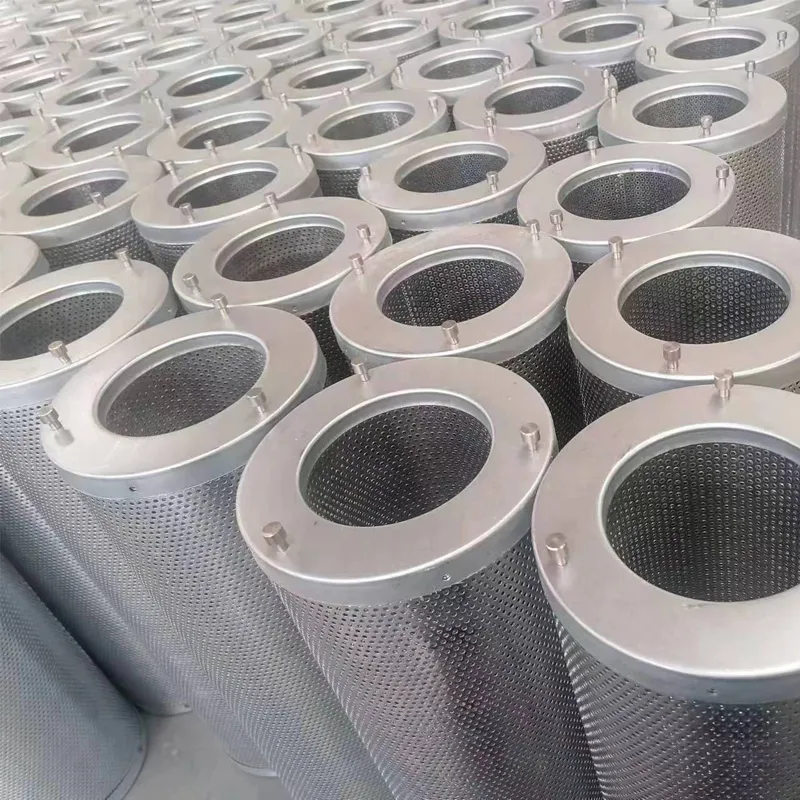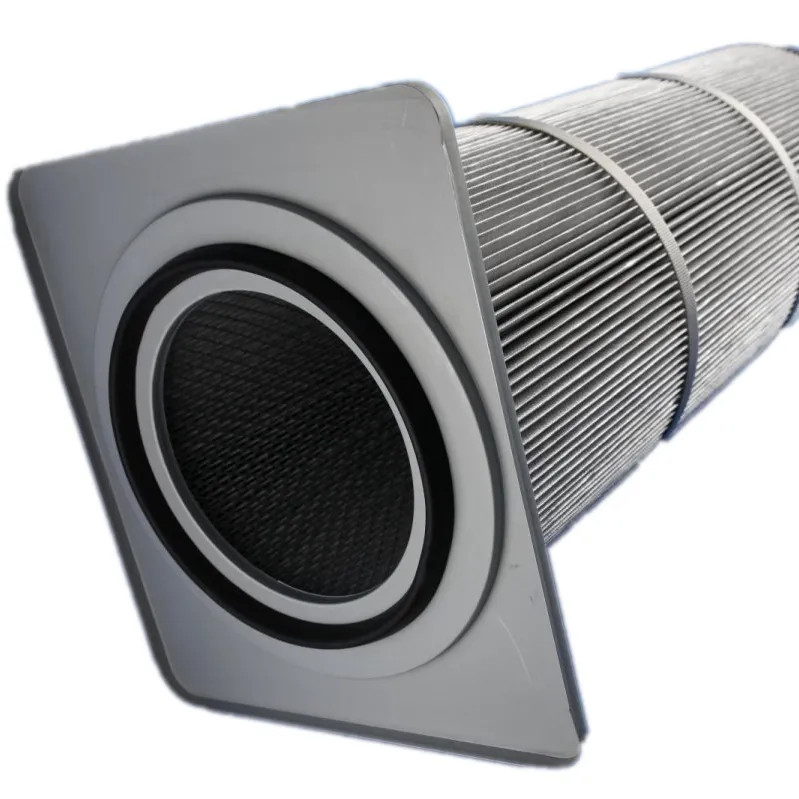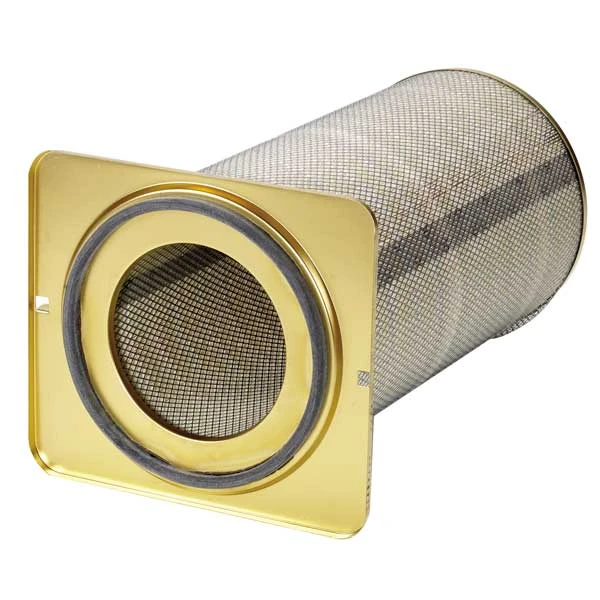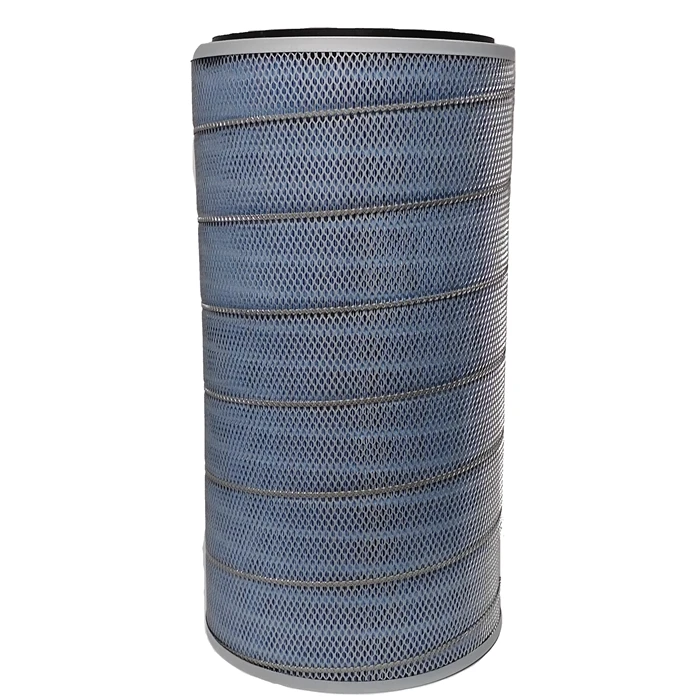 Tel:
+8618931101301
Tel:
+8618931101301
12月 . 21, 2024 03:15 Back to list
gas turbine inlet filter
Importance of Gas Turbine Inlet Filters in Power Generation
Gas turbines play a crucial role in the modern energy sector, driving electricity generation for vast portions of the global population. As these machines operate, their efficiency and longevity are significantly influenced by the quality of the air entering the turbine, making gas turbine inlet filters indispensable. This article delves into the importance of these filters, their design, types, and the challenges they address in enhancing turbine performance.
The primary function of a gas turbine inlet filter is to prevent particulate matter, dust, and other contaminants from entering the turbine engine. Inlet filters are vital for protecting sensitive components, such as blades and combustion chambers, which can be severely damaged by foreign particles. A well-maintained gas turbine not only performs better but also has lower maintenance costs, increasing the overall reliability of power generation units.
There are several types of gas turbine inlet filters, each designed to cater to specific environmental conditions and operational requirements. The most common types include synthetic media filters, pleated filters, and extended surface filters. Synthetic media filters are made from materials engineered to capture fine particles and are often favored for their high dirt-holding capacity. Pleated filters, with their increased surface area, allow for better airflow while effectively trapping contaminants. Extended surface filters combine features of both synthetic and pleated designs, providing excellent filtration efficiency while ensuring minimal pressure drop—a crucial consideration for turbine performance.
gas turbine inlet filter

One of the growing concerns in the industry is the impact of environmental conditions on gas turbine performance. Harsh surroundings, such as those found in coastal areas with high salt content or in heavy industrial zones laden with pollutants, present unique challenges for gas turbines. In these settings, effective filtration not only protects the turbine but also sustains operational efficiency. By implementing advanced filtration solutions, plant operators can combat the ingress of corrosive elements, which can otherwise lead to costly downtime and repairs.
Another significant aspect of gas turbine inlet filters is their role in optimizing fuel consumption. Efficient air filtration contributes to the optimal air-fuel ratio, which is key to effective combustion processes. When the turbine receives cleaner air, it can operate closer to its designed efficiency point, minimizing wasted fuel and reducing greenhouse gas emissions. As the world moves towards sustainable energy solutions, the adoption of advanced filtration technologies becomes even more critical.
Regular maintenance and inspection of gas turbine inlet filters are essential for ensuring their effectiveness. Filters should be periodically cleaned or replaced depending on the operating environment and the specific requirements of the turbine. Neglecting to maintain these filters can result in airflow restrictions, leading to decreased performance and increased wear on components.
In conclusion, gas turbine inlet filters serve as a vital line of defense against contaminants that could hinder turbine operation. With advancements in filter technology, the industry can better tackle the challenges posed by various environmental conditions. As power generation continues to evolve, the importance of incorporating high-quality inlet filters into gas turbine systems cannot be overstated. By prioritizing air quality and maintaining effective filtration systems, operators can enhance turbine performance, reduce operational costs, and align with environmental sustainability goals. The future of clean and efficient power generation relies not only on state-of-the-art turbine technologies but also on the essential partnership with effective filtration solutions.
-
Let's take you to understand the manufacturing secrets of high-quality air filtersNewsMay.16,2025
-
Will the activated carbon filter "vomit" pollutants after being used for a long time?NewsMay.15,2025
-
How to increase the filtration area of pleated dust filter element?NewsMay.13,2025
-
The impact of different filter materials on air filter performanceNewsMay.12,2025
-
The "weight" secret of activated carbon filter: the heavier the better?NewsMay.09,2025
-
Why is coconut shell activated carbon the preferred material for high-end filter elements?NewsMay.08,2025

 Email:
Email:





